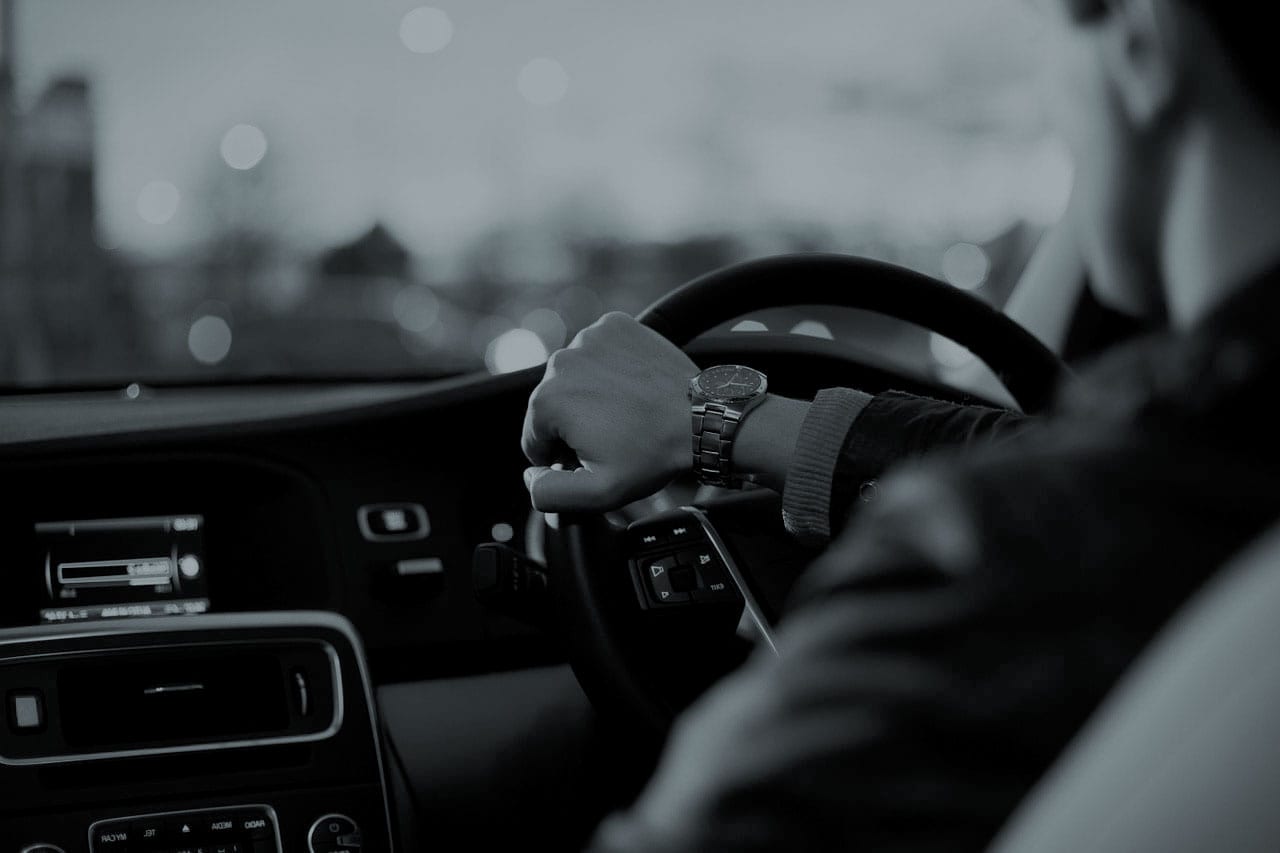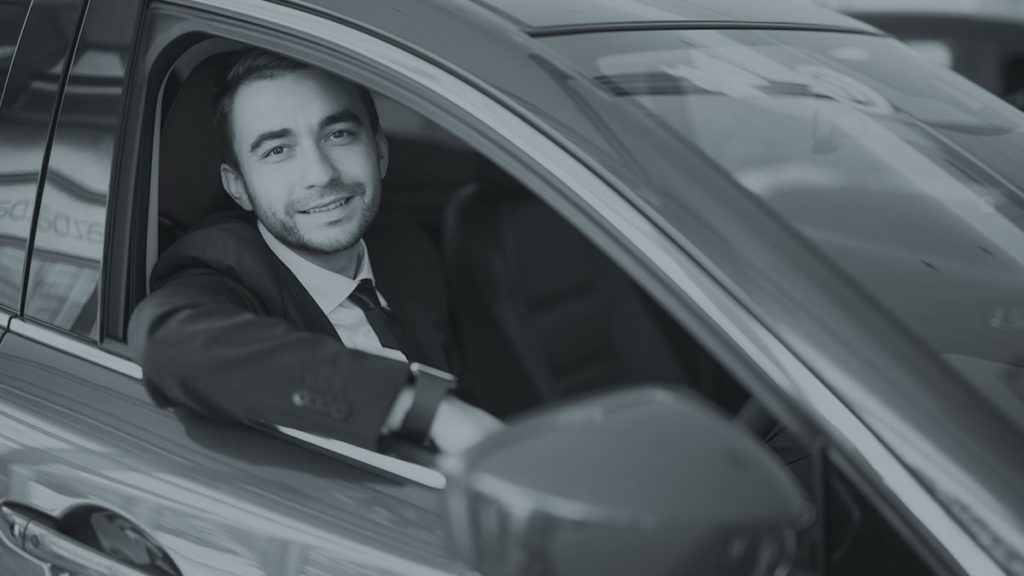Send your enquiry.
Contact us for a free, initial no obligation consultation.
"*" indicates required fields
Your information is safe and treated in accordance with our Privacy Policy
If you are facing a totting up ban, you might be able to avoid disqualification by arguing a case of exceptional hardship. To find out more, speak to a motoring defence lawyer from our team.
Motoring defence lawyer Leeds
You can call us on 0333 009 6275. We are available to take your call 24 hours a day, 7 days a week.
You can also email us on enquiries@ashmanssolicitors.com or complete our Online Enquiry Form and we’ll be in touch soon.
What is a totting up ban?
A totting up ban is when you are automatically disqualified from driving because you have 12 or more points on your licence.
In England and Wales, people who commit motor traffic offences are usually given penalty points. A minor speeding offence carries three penalty points. The most serious offences carry up to 11 points. These remain on your licence for at least four years.
The law states that you cannot accumulate 12 or more penalty points within a three-year period. If you do, you are automatically banned from driving. This is known as a totting up ban. This will last for a minimum of six months. If you have been disqualified from driving in the previous two years, you could be banned for longer.
What is exceptional hardship?
Exceptional hardship is when a totting up ban would cause suffering beyond what is considered reasonable.
For most people, a driving ban is a nuisance. You might have to take the bus to work, or someone else might have to pick the children up from school. But this does not amount to exceptional hardship.
Exceptional hardship is more than an inconvenience. It is when you, or innocent parties, would suffer as a result of your driving ban. Innocent parties might include your family, your employees or members of the community.
If you can show that exceptional hardship would arise because of a totting up ban. The court may be persuaded to reduce the length of the disqualification, furthermore or to let you keep your licence.
It is only possible to use an exceptional hardship mitigation once in every three year period but you cannot reuse the reason for the hardship.
Can I argue exceptional hardship?
If you accrue 12 or more points on your licence, consequently you will automatically face a driving ban. Unless you can successfully argue exceptional hardship. You can present your case at the Magistrate’s Court, or you can ask a defence lawyer to represent you.
To find out if you can argue exceptional hardship, speak to a motoring defence lawyer from our team. We can advise whether exceptional hardship is applicable to your case. For instance, it could be argued that a totting up ban would –
- Prevent you from caring for vulnerable or elderly members of your family
- Cause your employees to lose their jobs
- Prevent you from providing services to the community or charity
- Damage your own health
Examples Of Exceptional Hardship
Just losing your licence does not automatically qualify you for exceptional hardship. It is the consequence of losing your licence that could qualify yours for exceptional hardship. If you are the main breadwinner, or the only breadwinner this could work in your favour. Especially if you are going to lose your job because you lost your licence. Of course, if you have any insurance in place that covers your mortgage whilst out of work this will not be a hardship.
If you do have this type of insurance to pay the mortgage if you lose the job check the small print. Some insurance policies have clause’s that if you lose your employment through your own doing then the claim becomes null and void. Actively speeding is your choice and no one else, so this would be classed as your own fault.
Factors To Add To Exceptional Hardship Claim
You have to bear in mind that if the ban affects more than yourself the more likely you will keep your driving licence. So do ensure that you come with all the facts and people that depend upon you in your day to day life. Ensure that your solicitor knows every little detail. For example, do your elderly extended family rely on you to visit them and provide provisions. You may even contribute financially to your pensioner parents. They could be old and vulnerable and need constant looking after
Do you help out with local charities or kids clubs? Of course, if you are a volunteer at any organisation or association at they rely on you this will be classed as an exceptional hardship. The more people the loss of your driving licence effects the more likely you are able to plead exceptional hardship. If you do assist with charities then get them to write letters on how this would effect there day to day operations. Gather all the written evidence you can, more factors the more chance you get to keep your licence.
If you do help out win clubs and charities then get written statements from them. You may belong to a bowling club for example and you take 3 other members on a regular basis because they don’t have transport. The exceptional hardships apply to the inconvenience of others and not yourself.
What Not To Say For Exceptional Hardships
- How will I get my shopping without my driving licence? The bus and also groceries can now be delivered.
- How will the kids get to school? Most schools have comprehensive bus routes so unless you live off that route do no mention it.
- I will miss my holiday. Again they will not be interested that you may lose money on a holiday.
- Always stick to the truth if it impacts others.
Online Templates For Exceptional Hardships
You may come across these templates online, however, please do not use these. Engage the services of a motoring defence lawyer. These forms are generic and they will have seen many of these, they will not be impressed. You and your situation are unique so ensure that you create that personal image
How to Prepare Your Case
A successful case is created through preparation and by appointing excellent legal representation. The focus of the case will need to be around you and your personal circumstances, not the driving offence.
All relevant personal and professional information will need to be put before the court to give you the best opportunity to save your licence.
In preparing your case, we will take a detailed statement from you and will identify evidence which is required to support our submissions. We have substantial experience in these types of hearings and frequently represent drivers across the country daily.
The court is frequently presented with motorists explaining that they will lose their job if given a ban, this is a valid point, however, it will need a substantially more compelling and convincing argument as to why they should not impose the mandatory disqualification. The prosecution will ask if you can’t use a taxi or bus instead of your car, or if a relative could drive you or your family to appointments; you’ll also have to prove that your job is at serious risk.
If My Exceptional Hardship Plea Fails What Length Of Ban Could I Expect Under The Totting Up Rules
• 6 months – This is the standard duration if you have not had a previous disqualification
• 1 year – If you have had a previous disqualification of at least 56 days in the last 3 years
• 2 years – If you have had more than one previous disqualification of at least 56 days in the last 3 years
A disqualification of any period, if imposed due to totting up, has the effect of wiping all penalty points off the motorist’s licence. Therefore it can be advantageous to be disqualified for a shorter period as it reduces the risk of being eligible for a totting up disqualification again in the near future.
Can I be banned from driving for more than the minimum period?
Yes the court has the power to enforce a longer period than set out above. However in practice this power is very rarely imposed on drivers. Of course if you come to court on 9 points and you have been speeding SP30 which carries points from a minimum of 3 up to 6 points. At this point they could consider a CD10 / Driving without due care and attention / 3 to 9 Penalty points.
Then if you are stopped and you have any defects on your car such as C30 using a vehicle with defective tyres, that would be 3 points for each tyre that isn’t deemed legal. Worse case scenario if you were on the mobile phone at that moment you could also be facing a CU80 which is a breach of requirements as to control the vehicle and that could be 3 to 6 points as well. So if you are ever in such a situation as the above then yes the driving ban will be for more than the minimum period.
What happens after hearing an exceptional hardship argument?
After hearing an exceptional hardship argument. The Court has three options
- Not uphold the submission of exceptional hardship argument. Then impose a disqualification of the minimum period (normally 6 months, see above for guidelines)
- Uphold the exceptional hardship but reduce the period of disqualification. Usually to less than the minimum period.
- Decide not to impose any disqualification at all and agree on your exceptional hardship plea
Motoring defence lawyer Leeds
If you are facing a totting up ban, contact us at Ashmans Solicitors. We can explore ways to save your licence.
You can call us on 0333 009 6275. We are available to take your call 24 hours a day, 7 days a week. Speak with your local solicitor to ensure you have a proper defence. See our motoring defence fees page to find out more about our fixed fees.
You can also email us on enquiries@ashmanssolicitors.com or complete our Online Enquiry Form and we’ll be in touch soon.
What Is Exceptional Hardship?
Exceptional hardship is when a totting up ban would cause suffering beyond what is considered reasonable.
Can I argue exceptional hardship?
If you accrue 12 or more points on your licence, consequently you will automatically face a driving ban. Unless you can successfully argue exceptional hardship.
What are some examples of exceptional hardship?
- Prevent you from caring for vulnerable or elderly members of your family
- Cause your employees to lose their jobs
- Prevent you from providing services to the community or charity
- Damage your own health
Related Article: Motoring Offences The Chances Of Conviction




